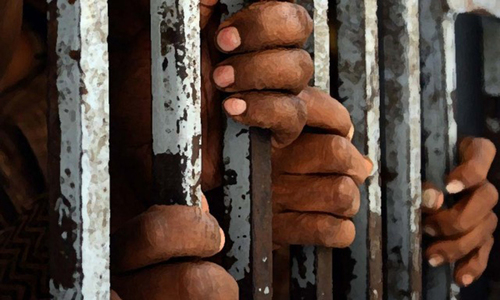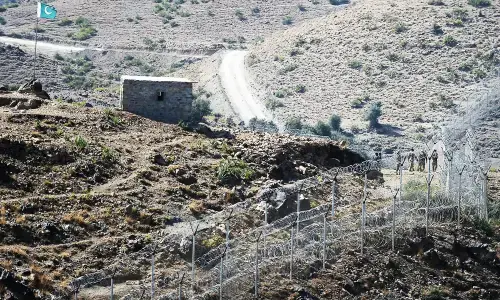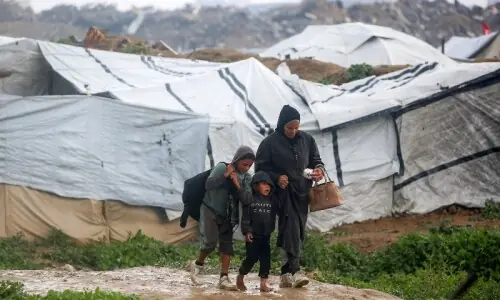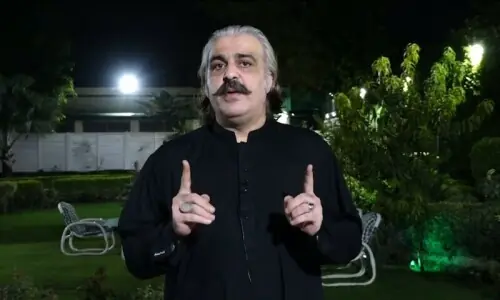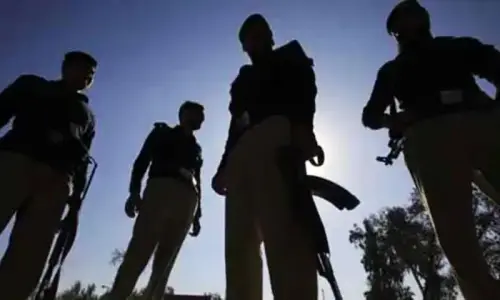LAHORE: Tools to silence women come either in the guise of laws or in the name of culture or traditions to grant impunity to perpetrators, says Dr Afiya Shehrbano Zia, a feminist researcher with a PhD in Women and Gender Studies from the University of Toronto.
She was speaking at the launch of a book, Disputed Legacies –The Pakistan Papers, at the Government College University (GCU) here on Friday.
The book is the Pakistan part of three-year long regional research project by academics and activists from Pakistan, India, Nepal, Sri-Lanka and Bangladesh.
Neelam Hussain, the editor of the book, said that with an exponential increase in sexual violence and the collusion of the state and societies to maintain silence over this violence had granted impunity to perpetrators which could come in the form of laws and special powers to the armed forces.
“The book looks at sexual violence and the impunity surrounding it, through the legal, social and cultural lens, laws and the parallel legal systems, jirgas etc. However, it also compares violence both in peace time and war time and concludes that sexual violence against women and girls remains the same and it only changes form.”
Ms Hussain explained that their foremost concern was not only the will for regional and internal peace but also the nature and composition of that peace.
“Feminists’ research has given us ample evidence that wartime atrocities and peacetime violence against women are mutually constituted - they are part of the same problems,” she explained.
Ms Afiya Zia added that it was about time that besides protecting women against sexual violence, one must also deliberate upon about the nature of relationships because in any relationship or assault – a woman becomes a ‘criminal’ anyway.
Kalpana Devi, an advocate of Sindh High Court and human rights activist, spoke about forced conversion of Hindu girls, raising the question why only minority women were converted of ‘their own will’, as it was always said. “Why is it so that Hindu men never convert?” she asked.
Ms Devi said the Hindu community loved Pakistan as much as the Muslims did. “But we should be accepted as Hindus here and should not be made to convert to any other religion.”
She narrated a story of a Hindu girl who was kidnapped by an influential man of the area, forcing her to change the religion.
“The girl was sold twice and later even though the court had decided in her favour, her parents had to pay Rs150,000 to get their daughter back,” she added.
Researchers and feminists Sarah Zaman and Maliha Zia Lari talked about the different social pressures and procedural flaws which led to a repeat targeting of rape survivors.
Sahar Zareen Bandial, an advocate of Lahore High Court and faculty member at LUMS, also spoke.
The event was chaired by writer and women’s rights’ activist Dr Rubina Saigol while Vice Chancellor Prof Dr Hassan Amir Shah, teachers and a students were present.
Published in Dawn, October 5th, 2019


